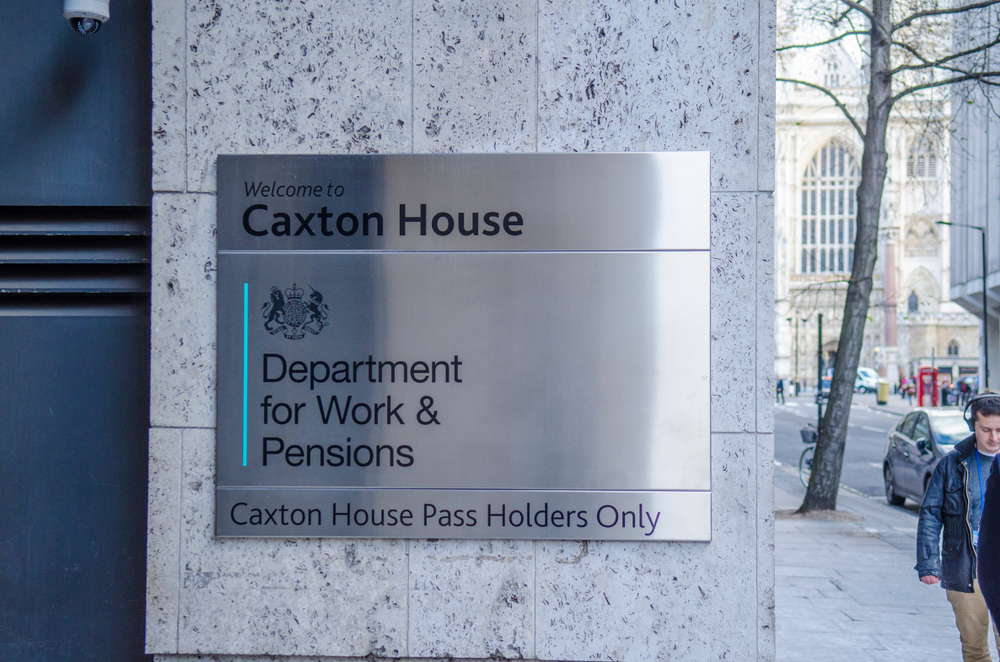The pensions industry has broadly welcomed new measures from the Department for Work and Pensions (DWP) that give trustees the power to block transfers that show signs of scams, although some have warned of increased complexity.
The new rules, which come into force on 30 November, will allow trustees to halt transfer that display scam ‘red flags’.
DLA Piper pensions partner and Pension Scams Industry Group (PSIG) member, Matthew Swynnerton, commented: “Regulatory intervention which protects pension savers against scammers is to be welcomed and, for some time, the statutory transfer right has placed trustees and providers in an invidious position when faced with a statutory transfer request to a suspected scam vehicle.
“I fully welcome the policy intent behind the new regulations, however in attempting to address responses from a wide range of stakeholders to the consultation, the final version of the regulations is quite complex and contains significant changes compared to the version consulted on. In some cases, the due diligence process will not be straightforward and there may be industry focus on this impact.”
Swynnerton noted there were a “handful” of complicated areas that trustees may require legal advice on, including when it is appropriate to use discretionary transfer powers and the level of due diligence that should be applied, and the difficulty of concluding ‘on the balance of probabilities’ that no amber flags are present, even where the transfer is to a ‘green list’ scheme.
“Time is now short,” he continued. “The implementation date is just three weeks away, and before then all trustees and providers will need to consider their current transfer processes in light of the new regime.
“Trustees will need to continue to be mindful of statutory transfer deadlines and, bearing in mind the complexity of some aspects of the regulations, should not delay undertaking this review.”
Sackers senior associate, Kirsty Pake, agreed, noting that there was “a lot of detail” in the final regulations and accompanying guidance.
“Trustees and administrators will need to act quickly to review and update their transfer processes and member communications before the new requirements come into force at the end of this month,” she stated.
Aegon head of pensions, Kate Smith, described the additional protections as “a major win for common sense over unscrupulous scammers”.
“Trustees and pension scheme providers have long wanted to protect individuals when they fear the risk of a scammer stealing the individual’s life savings and from later this month, they’ll have greater legal powers to do so,” she said.
“Schemes will now be able to intervene and stop a transfer if the information they have sends up a ‘red flag’. Referring individuals to Pension Wise for scam guidance is also a helpful step forward.
“We’re pleased, however, that the Pensions Minister plans to review the effectiveness of these measures going forward. Scammers are always looking for new ways of parting people from their money and government, regulators, schemes and providers must continue to work together to maximise member protection.”
Broadstone technical director, David Brooks, noted that the time between the final rules being published and coming into force will be a challenge that trustees, administrators and providers will “have to rise to”.
“The rules are not perfect as they will require more work for bona fide transfers going to many providers whether they’re regulated by FCA and PRA or not with a minimal safe list including master trusts, public sector schemes and CDC schemes only,” Brooks continued.
“All other transfers will fall into condition two, which is a aggregation of all the other conditions previously proposed but with a clearer emphasis that if a transfer looks suspicious the trustees can stop the transfer.
“Trustees will need to ensure that processes are up to date. We know a key focus for the Pensions Ombudsman will be ensuring schemes issue updated and compliant communications. Trustees should also be ready for more work and cost – more cases that don’t fit the conditions requiring additional risk warnings to be issued will result in increased levels of involvement from them.”
PSIG chair, Margaret Snowdon, concluded: “PSIG welcomes the new Condition for Transfer regulations, which give trustees and providers the power to refuse scam transfers. We were pleased to provide input to the DWP on the application of their very clear policy intent.
“For several years, our industry group has been at the forefront of developing solutions so that trustees and providers can check and safely protect scheme members from scams, but we called for more help from the law.
“The removal of a statutory right to transfer in circa 5 per cent of cases where there are serious scam signs and the opportunity for members to be referred for impartial guidance where appropriate, is a significant and welcome step forward.
“It is vital that the measures are proportionate and manageable, so PSIG will be issuing practical guidance and publishing version 3.0 of our Scams Code shortly.”
Latest News
-
OBR analysis reveals potential impact of salary sacrifice changes
-
Strong funding levels continue as endgame landscape reshaped by innovation
-
Harwich Haven Authority Pension Fund finalises £45m buy-in with Royal London
-
GAD publishes LGPS gender pension gap reporting guidance
-
DB scheme funding levels continue to improve heading into 2026
-
News in brief - 6 February 2026
Private markets – a growing presence within UK DC
Laura Blows discusses the role of private market investment within DC schemes with Aviva Director of Investments, Maiyuresh Rajah
The DB pension landscape
Pensions Age speaks to BlackRock managing director and head of its DB relationship management team, Andrew Reid, about the DB pensions landscape
Podcast: From pension pot to flexible income for life

Podcast: Who matters most in pensions?

In the latest Pensions Age podcast, Francesca Fabrizi speaks to Capita Pension Solutions global practice leader & chief revenue officer, Stuart Heatley, about who matters most in pensions and how to best meet their needs
© 2019 Perspective Publishing Privacy & Cookies










Recent Stories